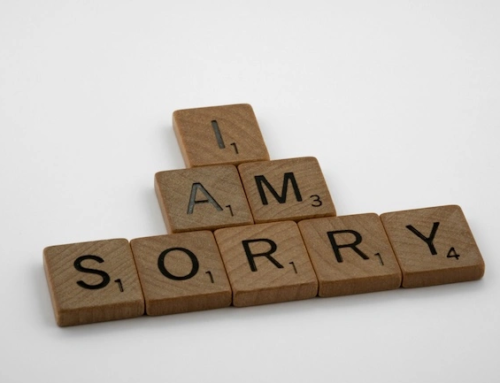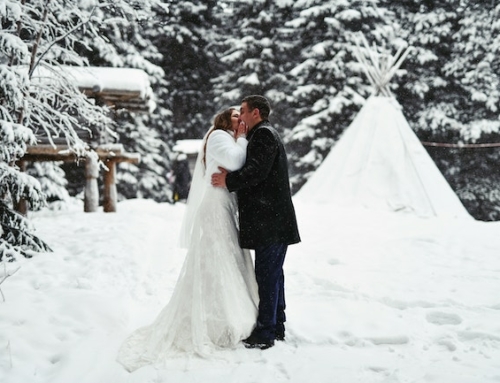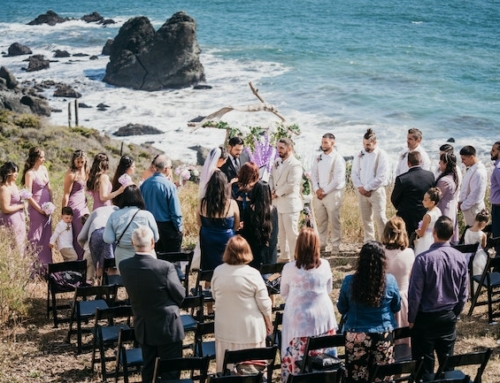Planning a wedding can be an exciting and overwhelming experience. There are countless details to consider, from the venue to the guest list, to the menu and décor. With so much to do, it can be challenging to know when to start planning your wedding. Starting too early can result in burnout, while starting too late can mean missing out on your preferred vendors or venue. In this article, we’ll provide a general timeline and tips on how far in advance you should start planning your wedding to ensure a successful and stress-free experience.

Considerations for Setting Your Wedding Date
Choosing the right date can help ensure that your special day is everything you hoped it would be. There are several factors to consider when setting your wedding date, including availability of venues and vendors, weather conditions, and personal schedules.
Seasonal considerations
Seasonal considerations are one of the most important factors to keep in mind when setting your wedding date. The season can have a significant impact on the type of venue you choose, the availability of vendors, the cost of the wedding, and the overall ambiance of your big day.

For example, if you’re dreaming of an outdoor wedding, you may want to consider a date during the spring or fall when the weather is mild and comfortable, and most importantly to avoid rainy seasons.
Additionally, the season can impact the availability and cost of certain flowers, food, and decorations. For instance, if you have your heart set on a particular type of flower, you may need to choose a date when it’s in season or be prepared to pay a premium to have it imported.
Holidays and other important dates to avoid
When setting your wedding date, it’s important to consider holidays and other important dates to avoid. Holidays, such as Christmas, New Year’s Eve, and Valentine’s Day, tend to be popular times for weddings, but they can also make it more difficult for guests to attend or for vendors to be available. Other important dates to avoid might include major sporting events, local festivals or fairs, or other events that could cause traffic or logistical issues. It’s a good idea to check the local calendar when choosing your wedding date to ensure that there are no conflicts that could negatively impact your big day.
Venue availability and lead time
Another crucial factor to consider when setting your wedding date is the availability of your desired venue. Some venues can be booked years in advance, while others may have more flexibility. It’s important to do your research and secure your venue early on in the planning process to ensure that you can have the wedding you want on the date you want.

In addition to the availability of the venue, you should also consider the lead time required to plan and execute your wedding. Depending on the size and complexity of your event, you may need several months or even a year or more to secure vendors, plan your décor and design, and coordinate logistics. Therefore, it’s essential to start planning early to avoid feeling overwhelmed or rushed as your wedding date approaches.
Personal preferences and considerations
When setting a wedding date, it’s also important to consider personal preferences and various other factors specific to the couple. For instance, if the couple has a special date that holds significance to them, such as the day they first met or got engaged, they may want to plan their wedding around that date.

Additionally, couples may want to consider their work schedules, the schedules of important family members or friends, and any other events or commitments that may conflict with their wedding date. It’s also essential to determine the desired wedding style, theme, and overall vision, as this can affect the date and location selection. Ultimately, the couple should choose a date that works best for them and their loved ones and aligns with their desired wedding vision.
Wedding Planning Timeline Overview
In general, most couples begin planning their weddings anywhere from 12 to 18 months in advance. This timeline allows for ample time to secure the venue, vendors, and other important details.
![]()
One of the first steps in determining your planning timeline is to set a wedding date. Once you have a date in mind, you’ll need to determine how much time you have to plan and execute all of the necessary tasks.
However, if you’re working with a tighter timeline or have a shorter engagement, you may need to expedite some of the planning tasks. In this case, it’s important to prioritise your tasks and focus on the most important details first.
Here is an overview of a typical wedding planning timeline:
12-18 months before the wedding:
- Choose a date
- Determine a budget
- Create a guest list
- Select and reserve a venue
- Hire a wedding planner (if desired)
9-12 months before the wedding:
- Choose and book vendors for catering, photography, music, flowers, and other services
- Start wedding dress shopping
- Plan and book accommodations for out-of-town guests
6-9 months before the wedding:
- Order wedding invitations and other stationery
- Plan the ceremony
- Finalise the menu and catering details
- Book transportation for the wedding day
3-6 months before the wedding:
- Finalise guest list
- Choose and order bridesmaid and groomsmen attire
- Select and purchase wedding rings
- Book hair and makeup services
- Plan the honeymoon
1-3 months before the wedding:
- Send out invitations
- Schedule dress fittings
- Confirm details with all vendors
- Create a seating chart
- Plan the rehearsal dinner
1-2 weeks before the wedding:
- Confirm final details with all vendors
- Pack for the honeymoon
- Finalise payment with vendors
The day before the wedding:
- Rehearsal
- Finalise details with the wedding party
The wedding day:
- Get ready!
No matter how much time you have to plan your wedding, it’s essential to create a detailed timeline to help keep you on track. This timeline should include all of the key planning milestones and deadlines, such as when to send out invitations, book vendors, and finalise the menu.
By taking the time to create a detailed planning timeline and sticking to it, you can help ensure that your wedding planning process is as stress-free and enjoyable as possible.
Benefits of Starting Wedding Planning Early

Starting wedding planning early can have numerous benefits, including:
- More time to research and compare vendors: When you start planning your wedding early, you’ll have more time to research and compare vendors, such as caterers, photographers, and florists. This can help you find the right vendors that fit your style, preferences, and budget.
- More time to book vendors: Popular vendors tend to book up quickly, especially during peak wedding season. By starting early, you’ll have a better chance of booking the vendors you want and avoiding any last-minute disappointments.
- Reduced stress: Planning a wedding can be stressful, but starting early can help alleviate some of that stress. You’ll have more time to make decisions, work out details, and address any unforeseen issues that may arise.
- More time to save money: Planning early can also give you more time to save money for your wedding. This can help you avoid going into debt or overspending on your big day.
- Better options for wedding venues: The best wedding venues tend to book up quickly, especially if you’re planning a wedding during peak season. By starting early, you’ll have a better chance of securing the venue you want and avoiding any scheduling conflicts.
Starting your wedding planning early can help ensure a smoother, less stressful planning process, and increase your chances of having the wedding of your dreams.










